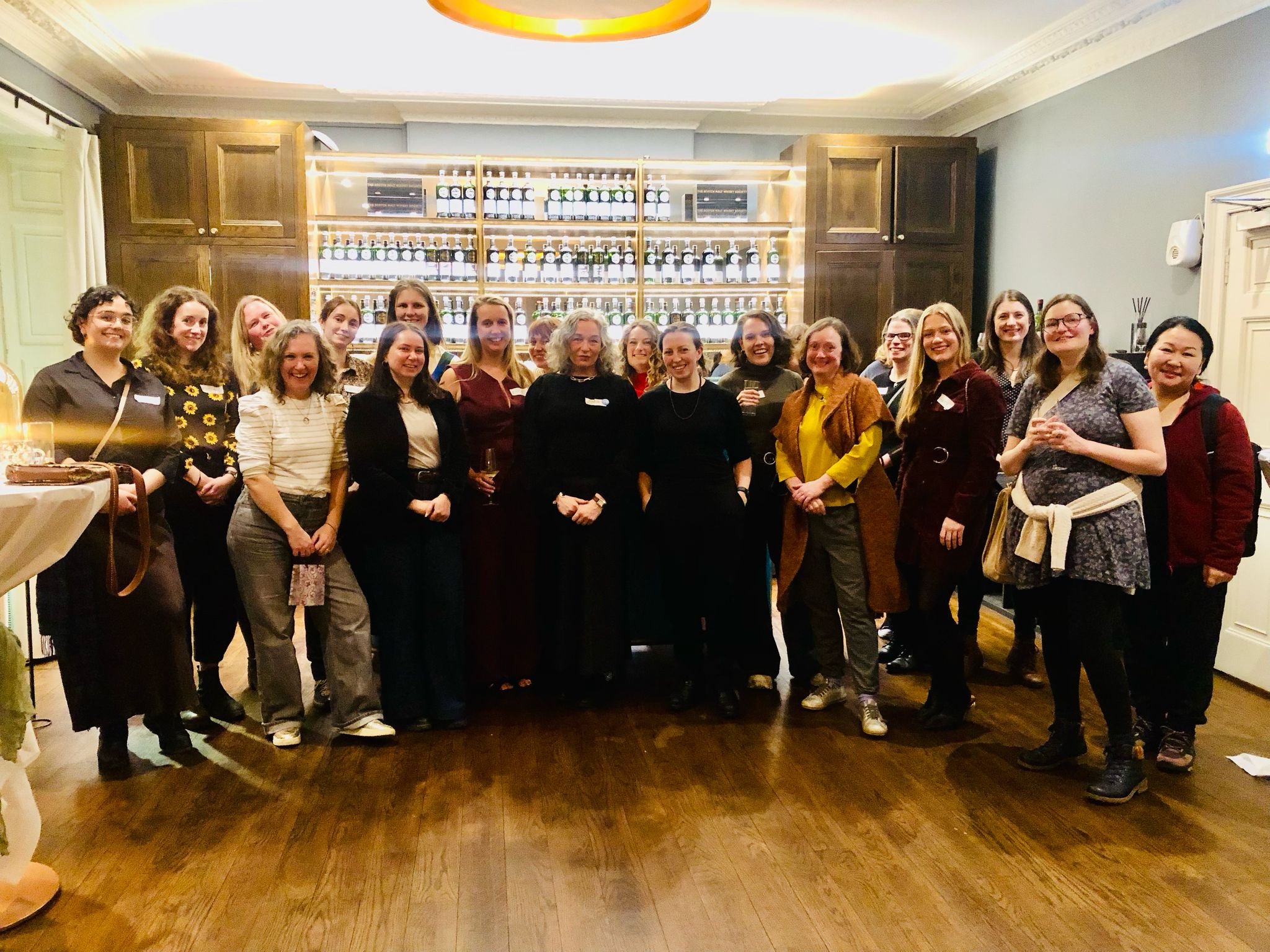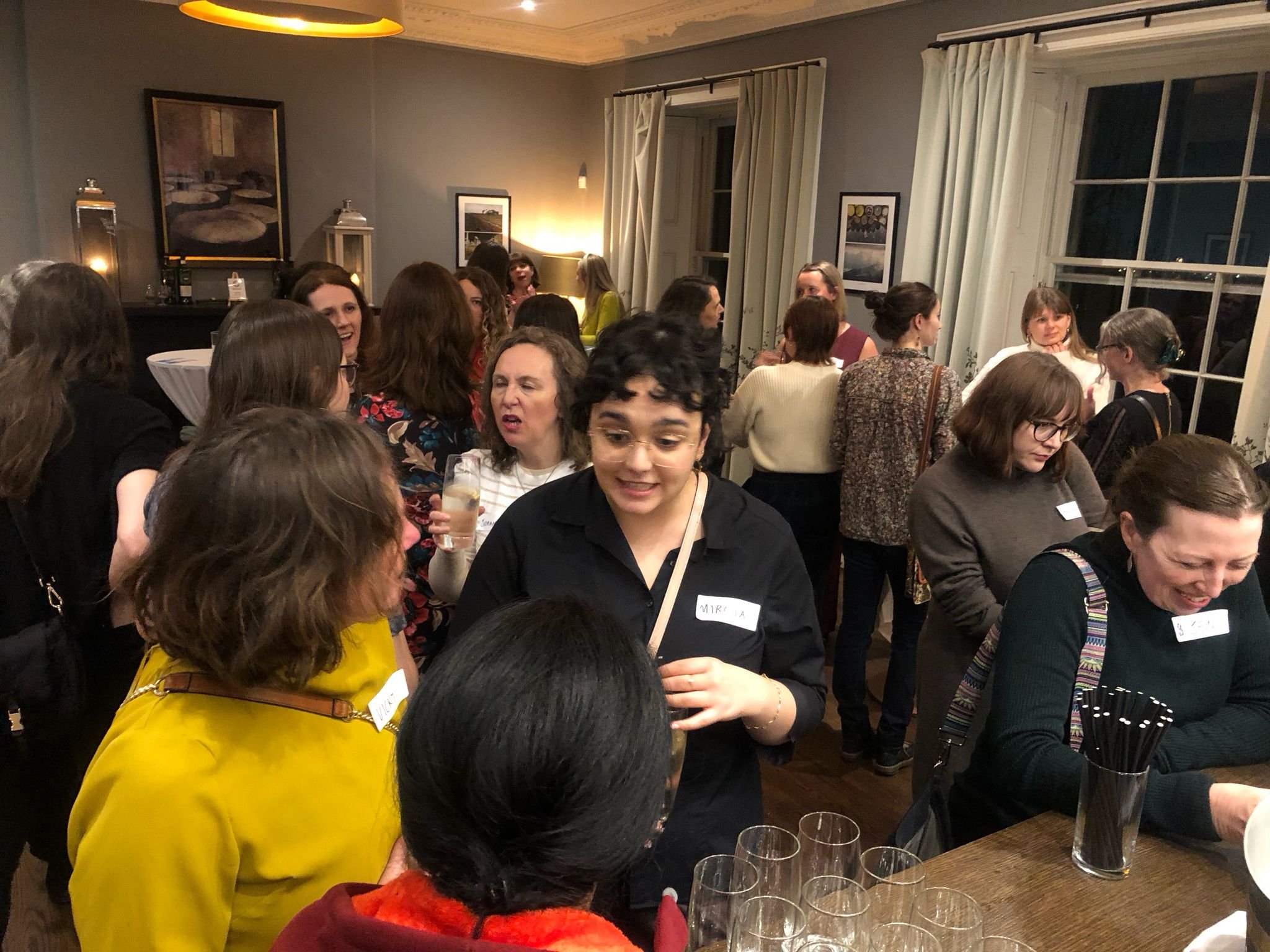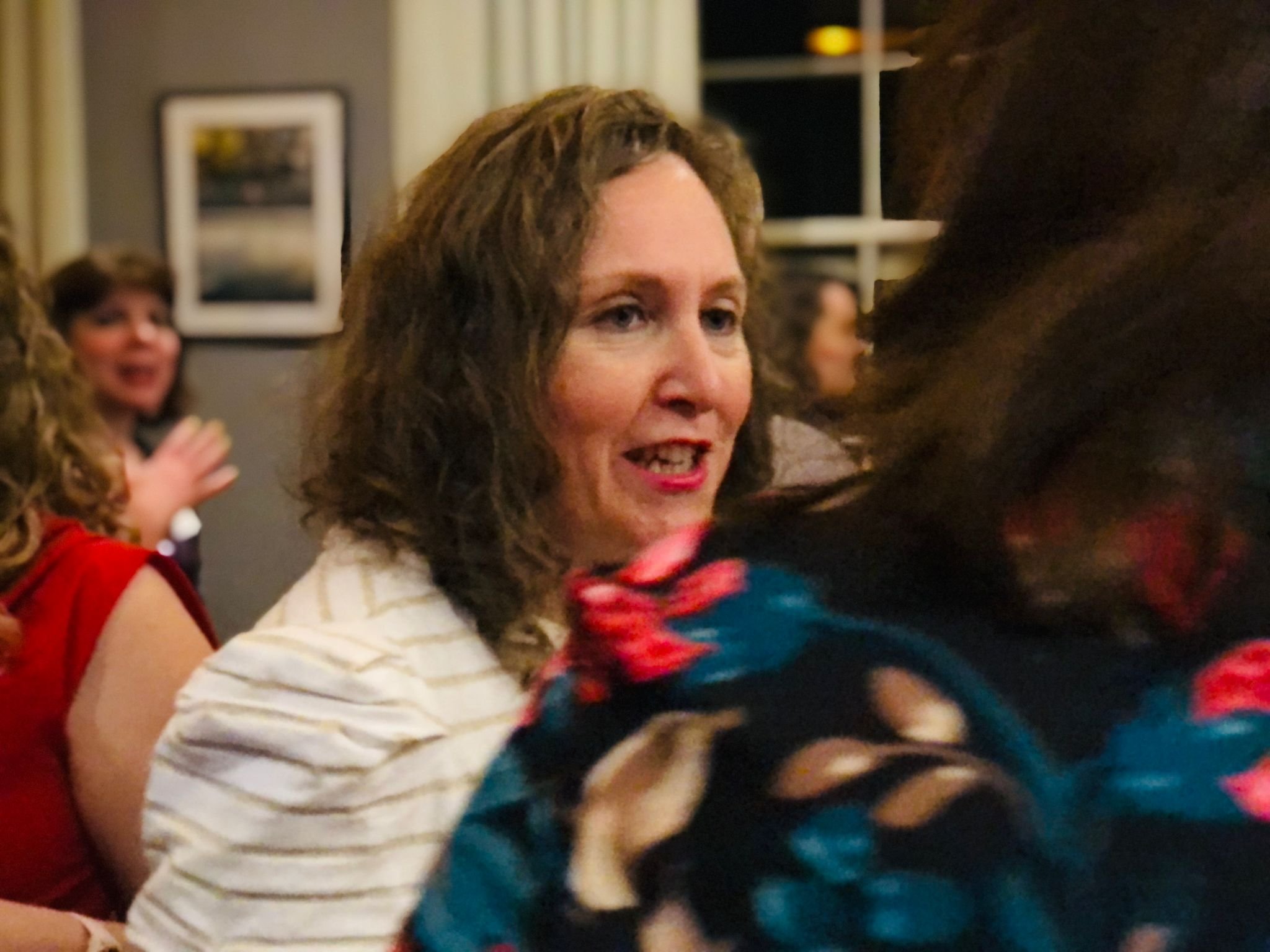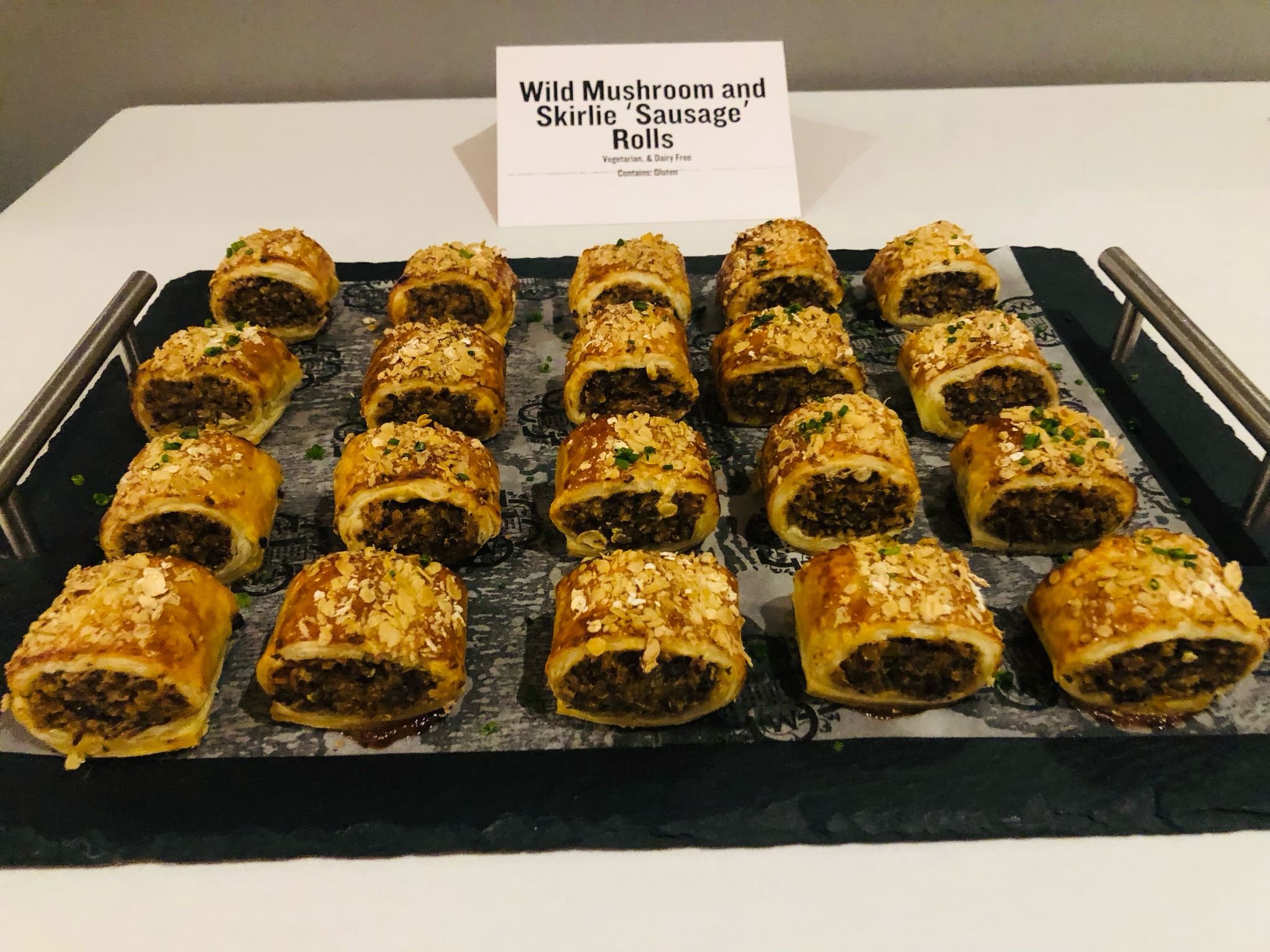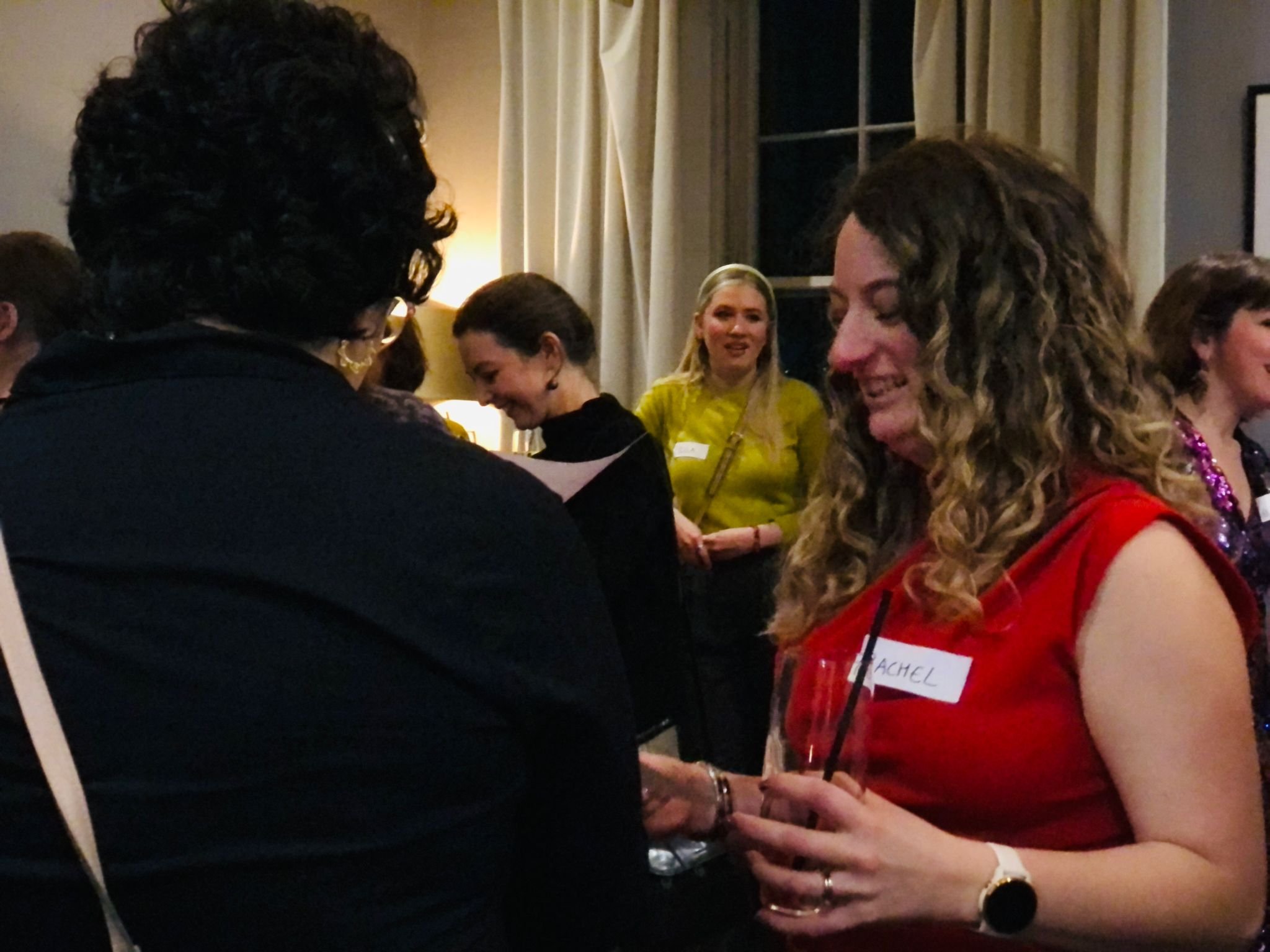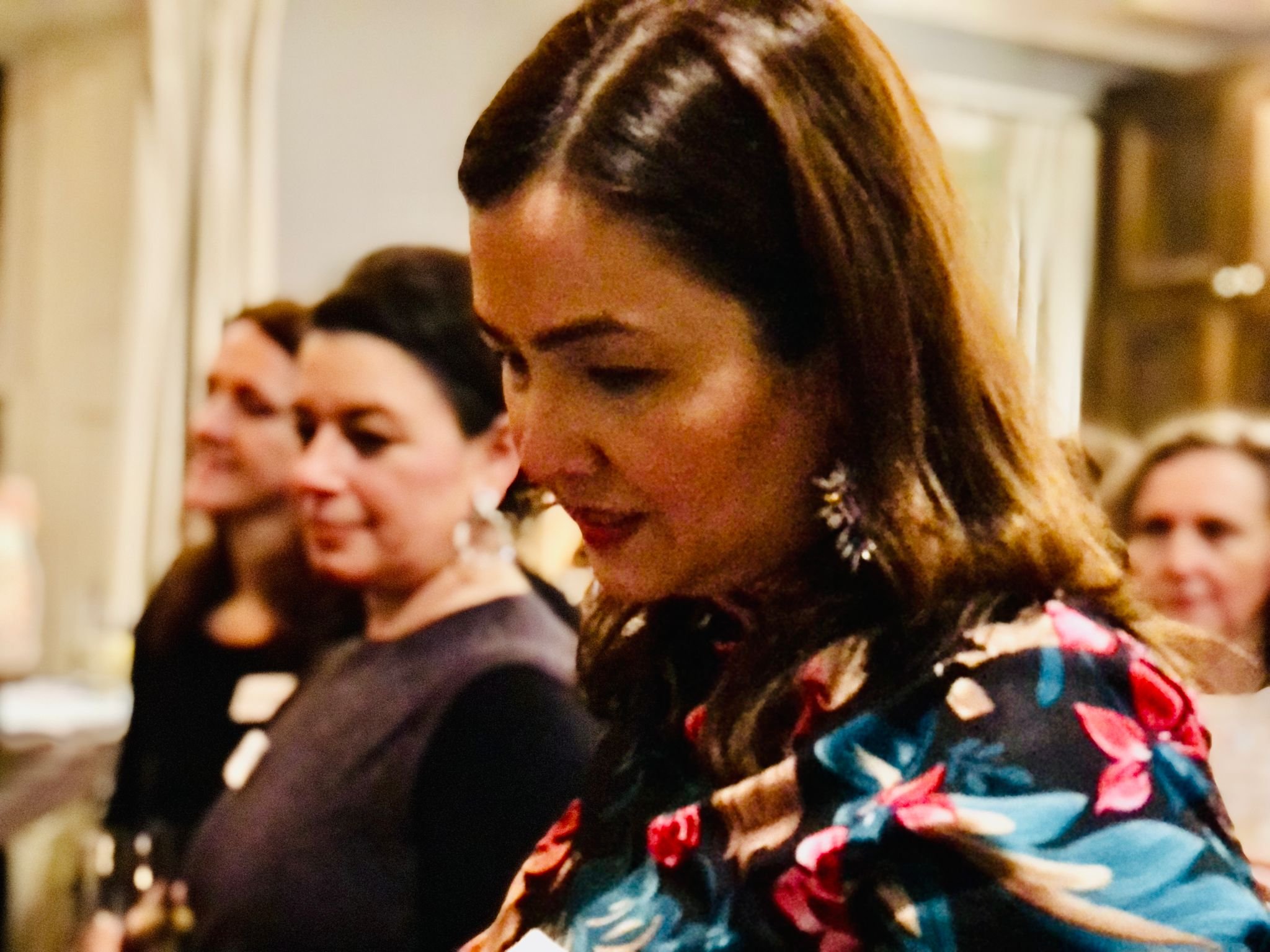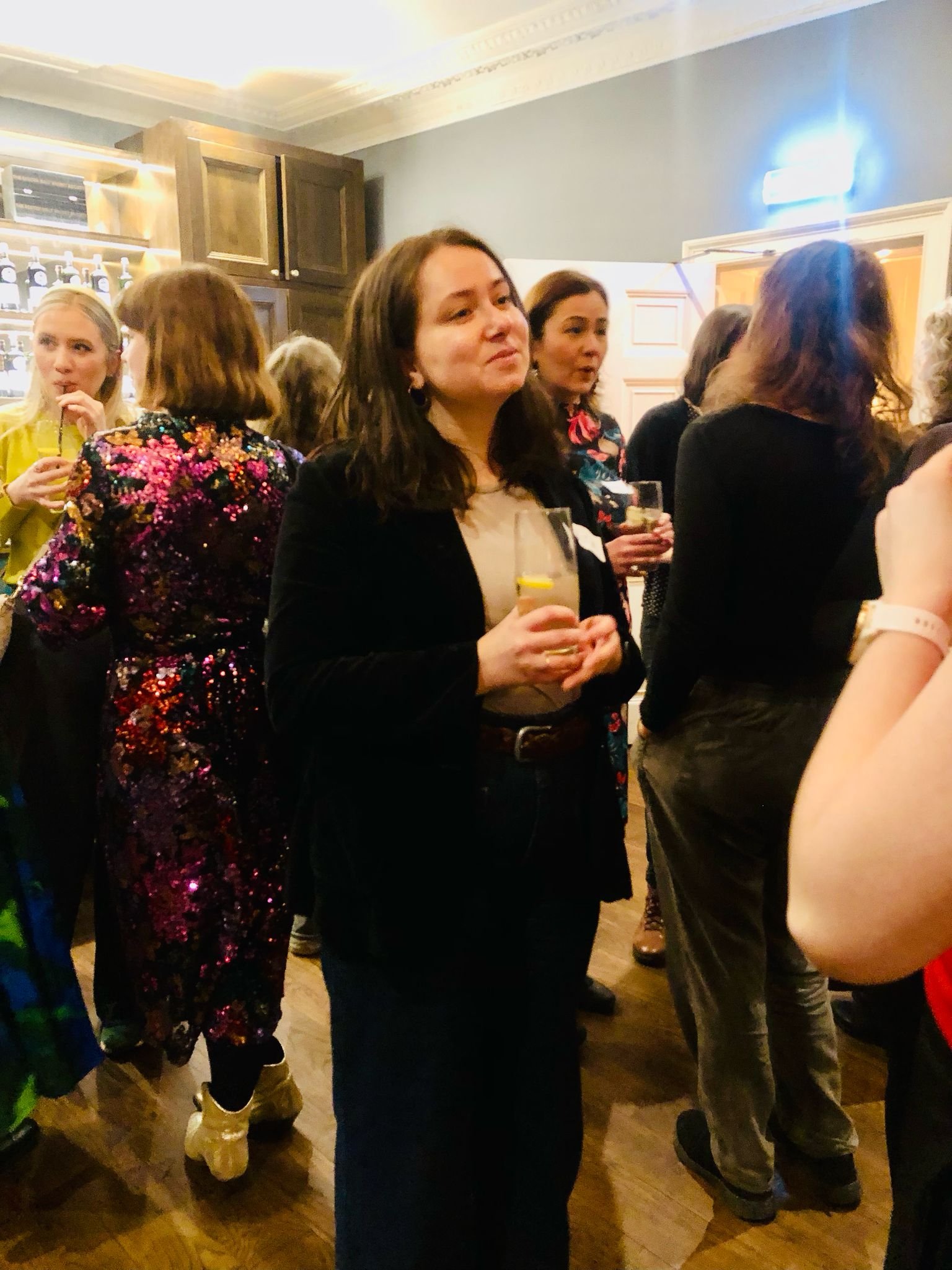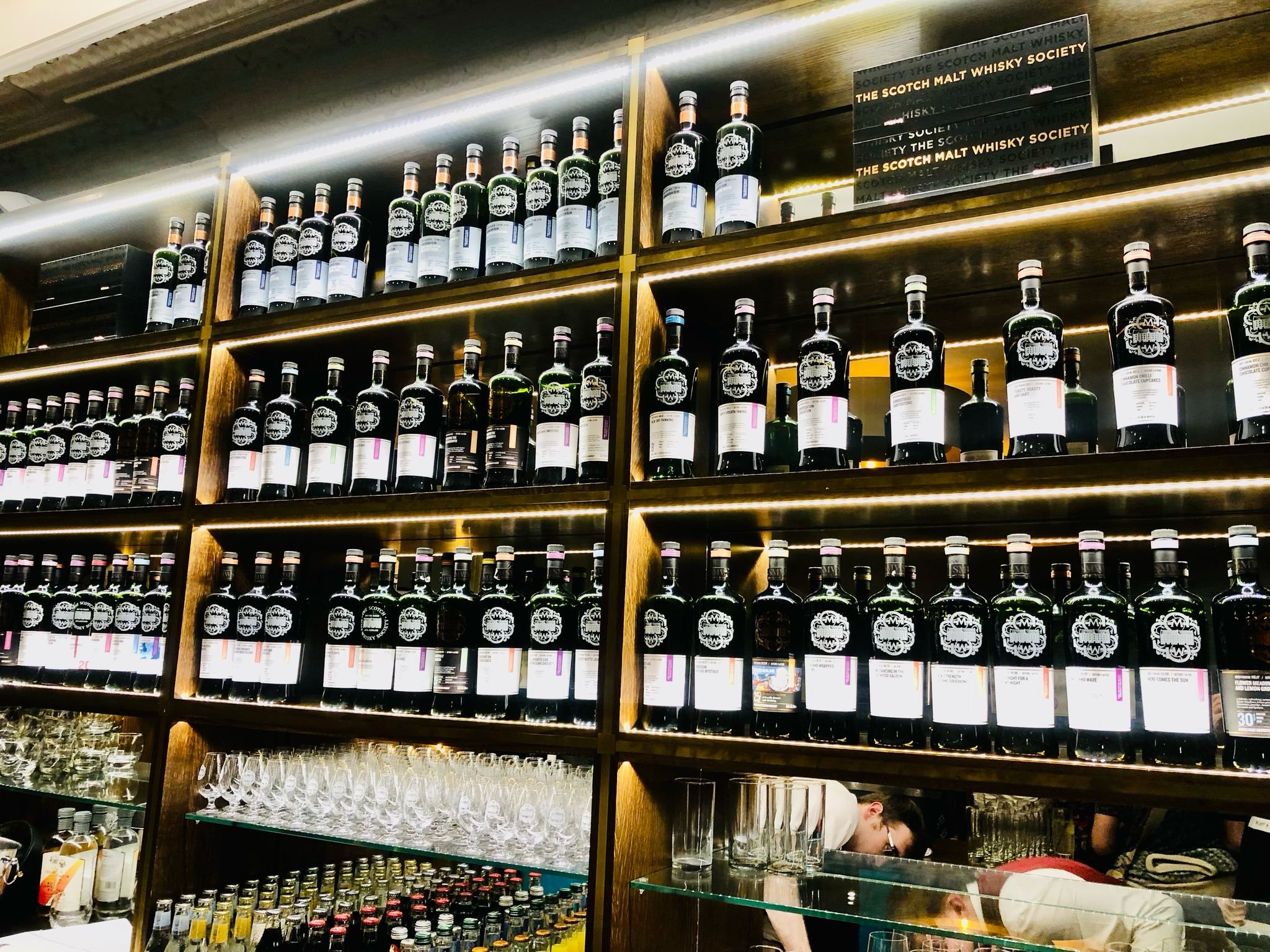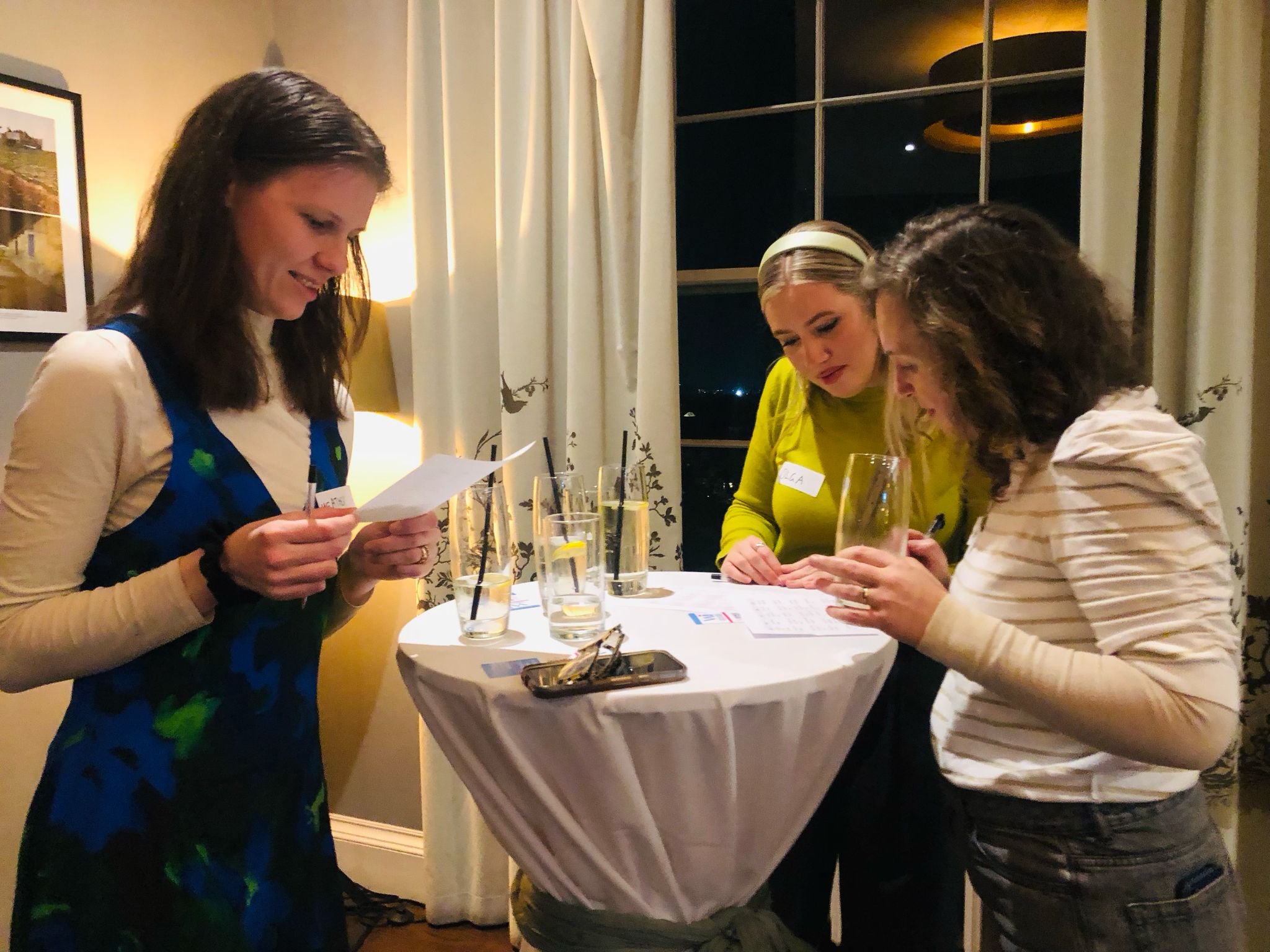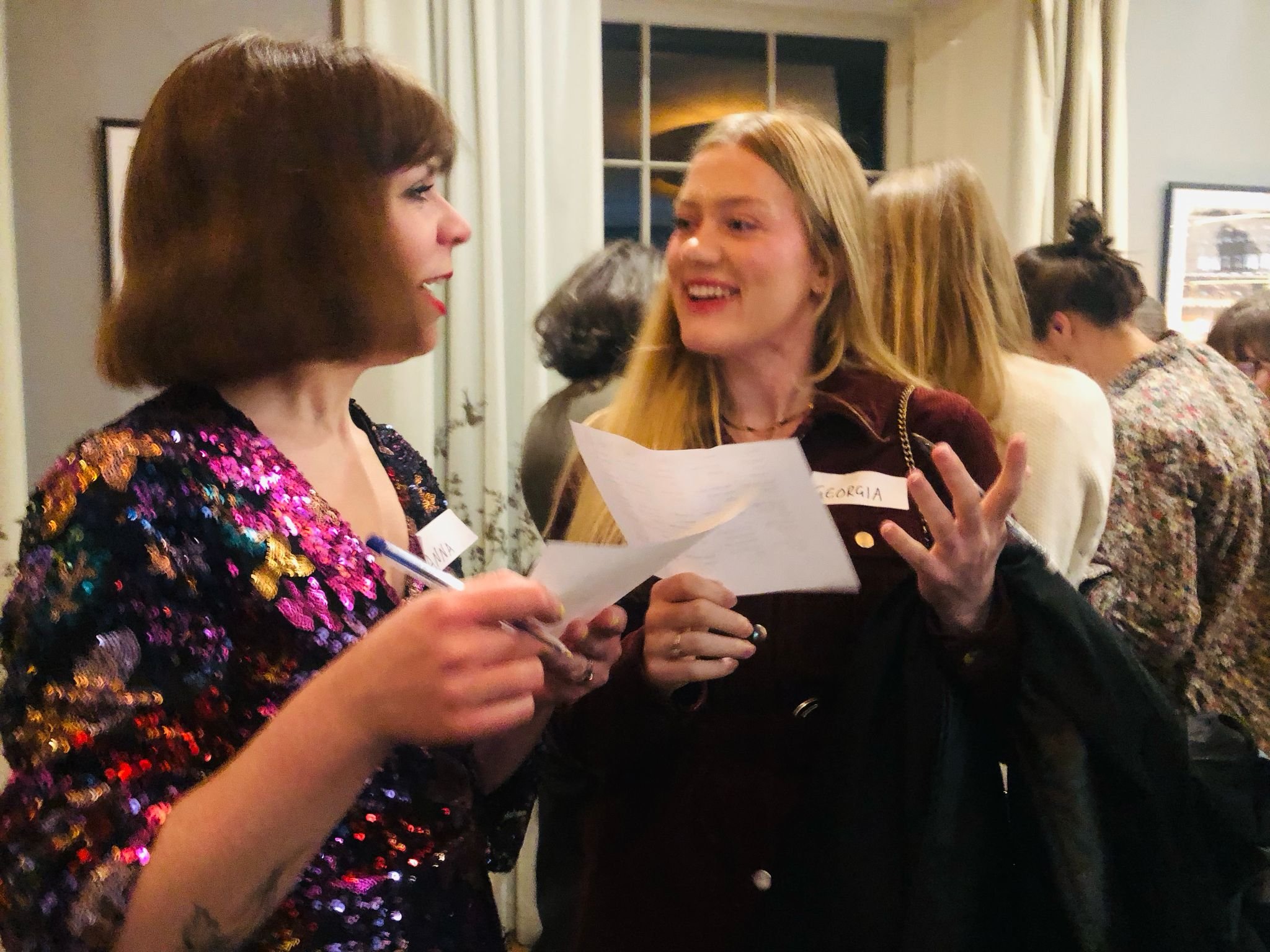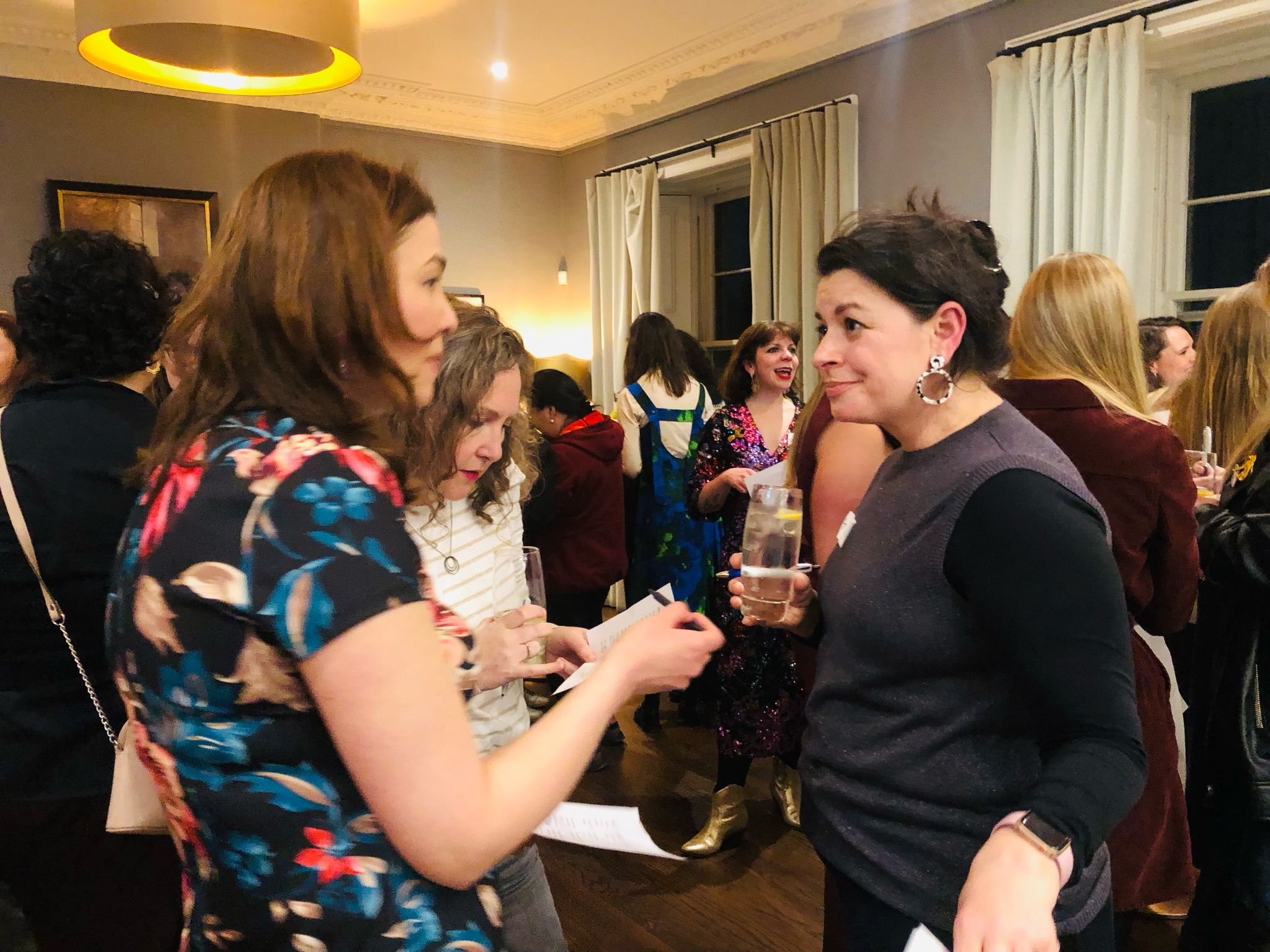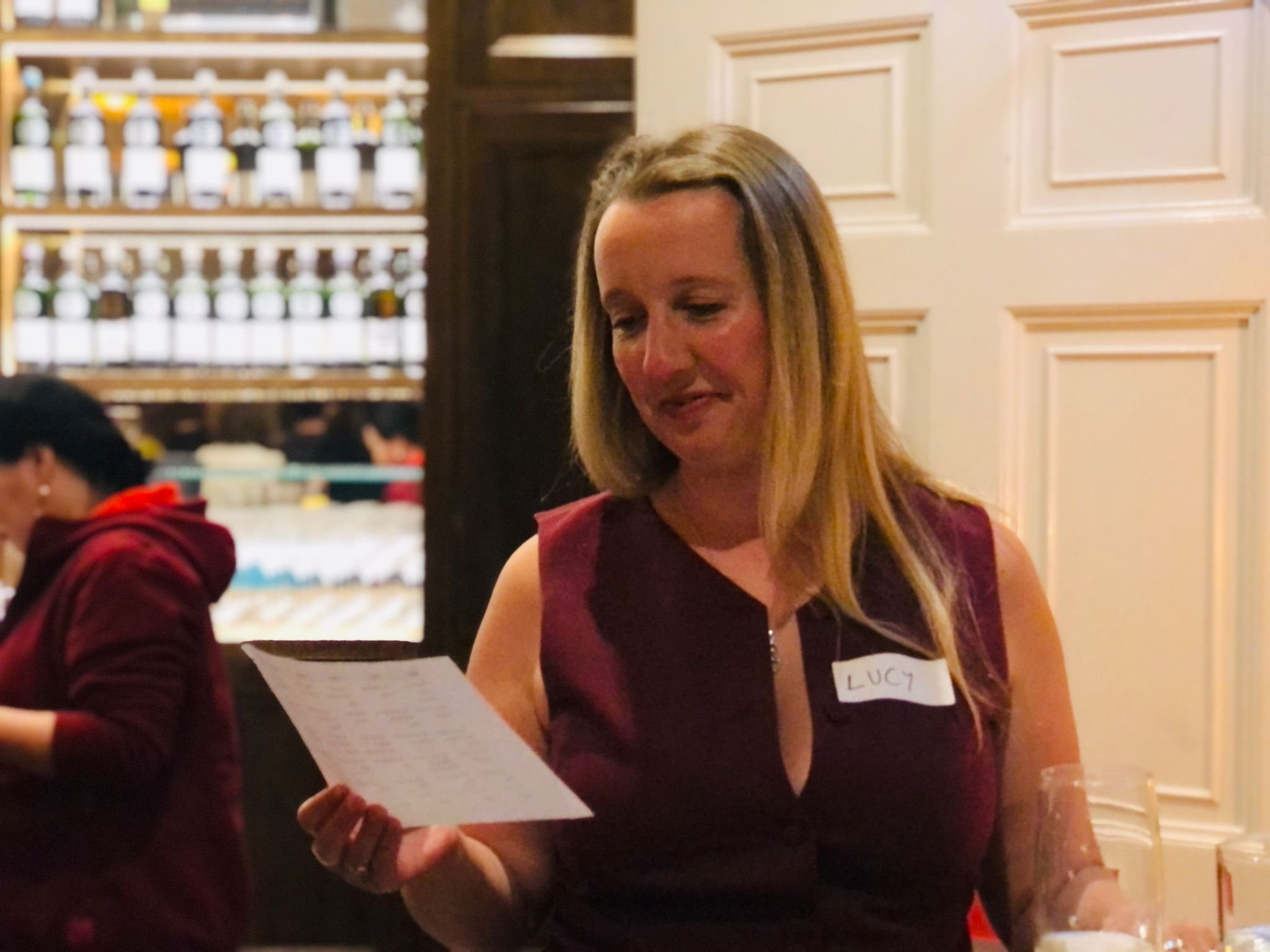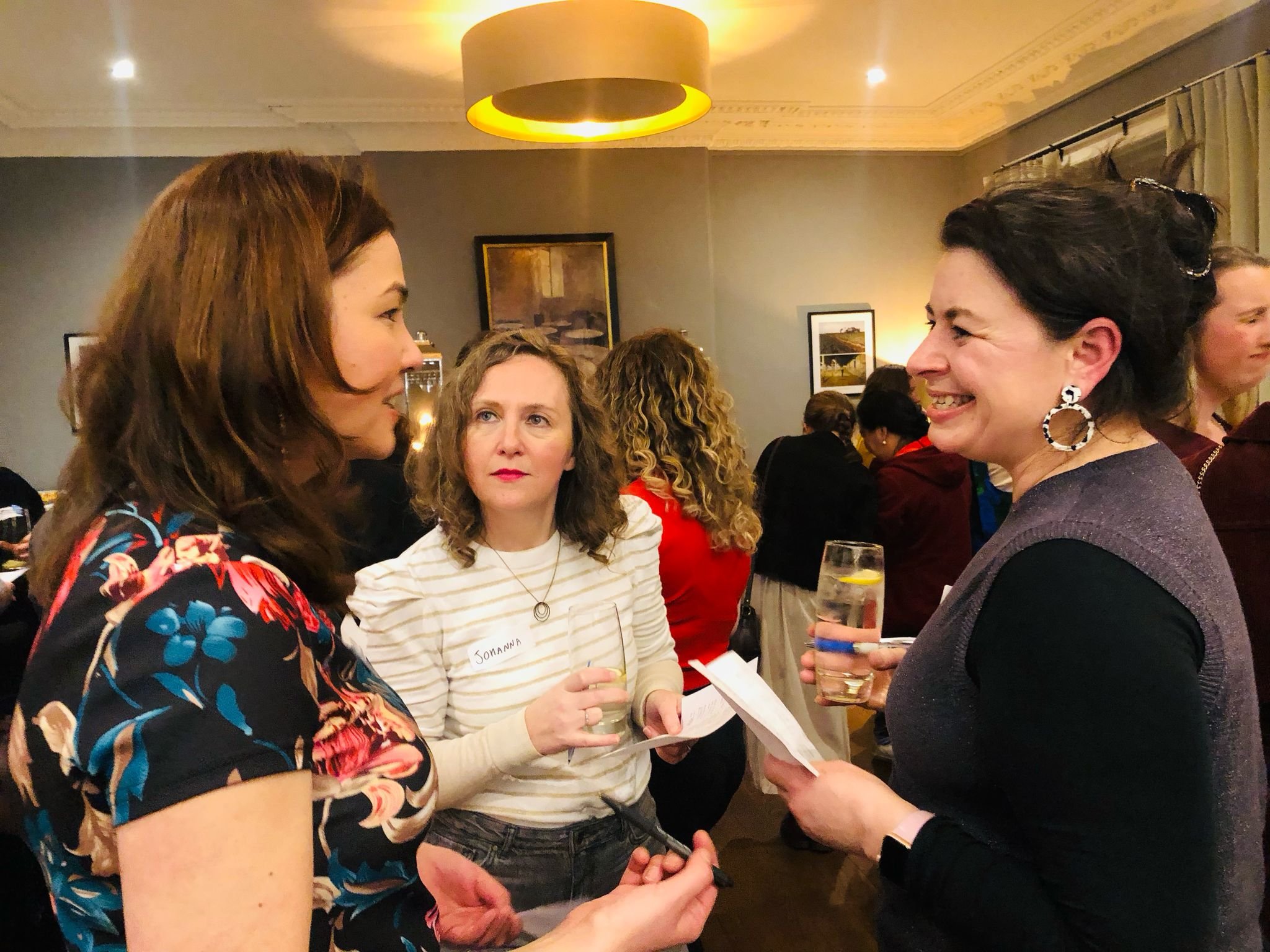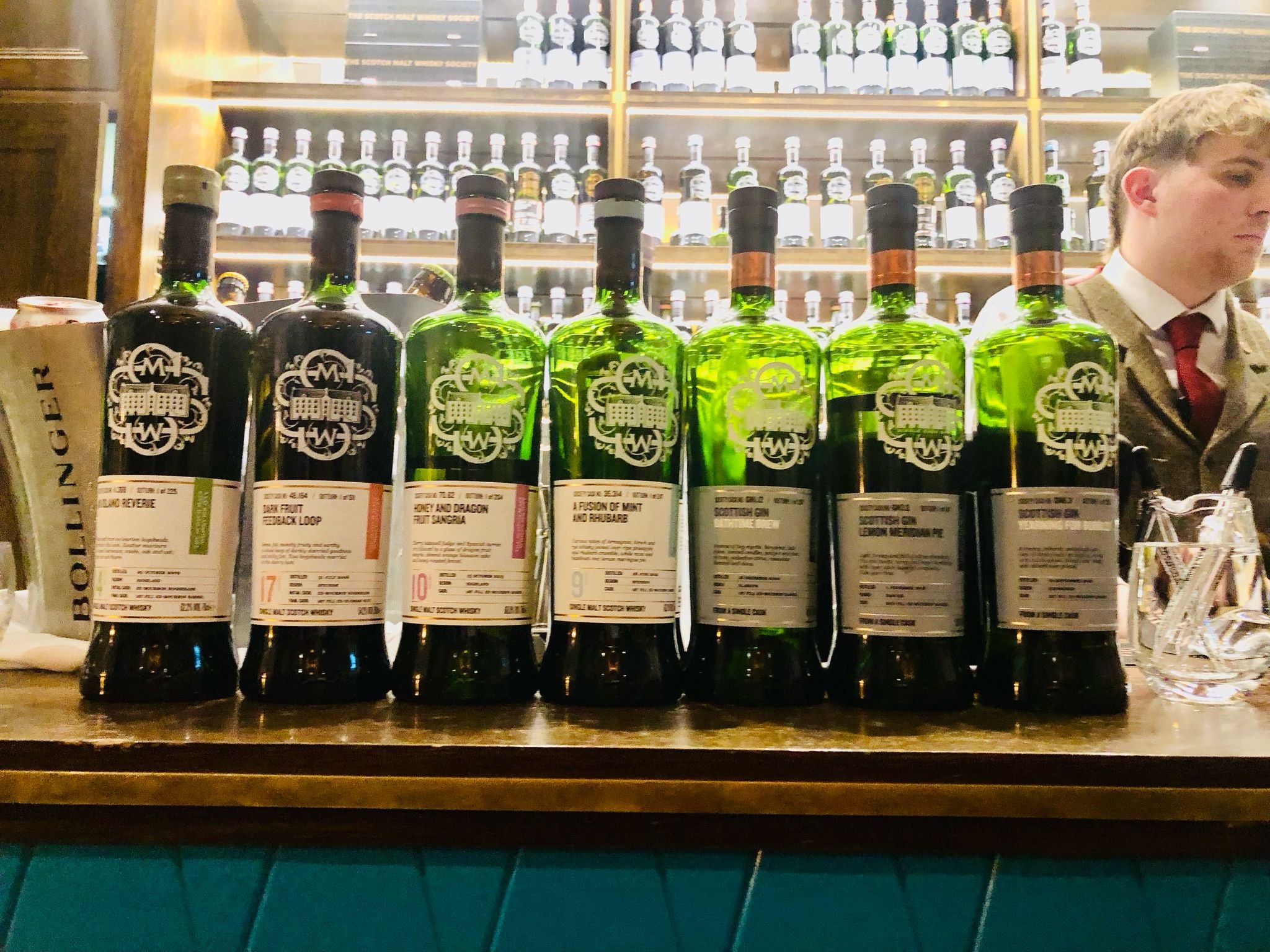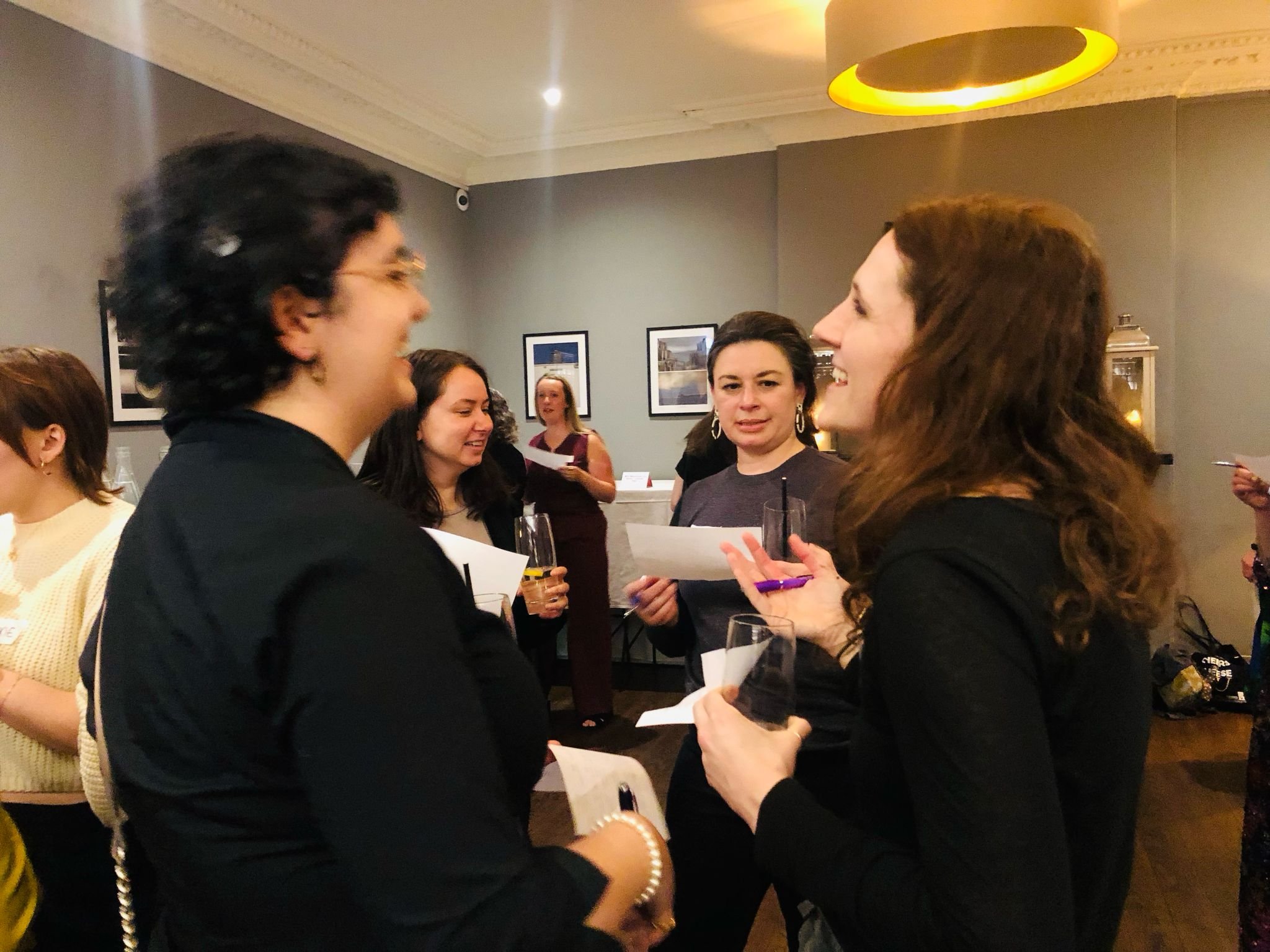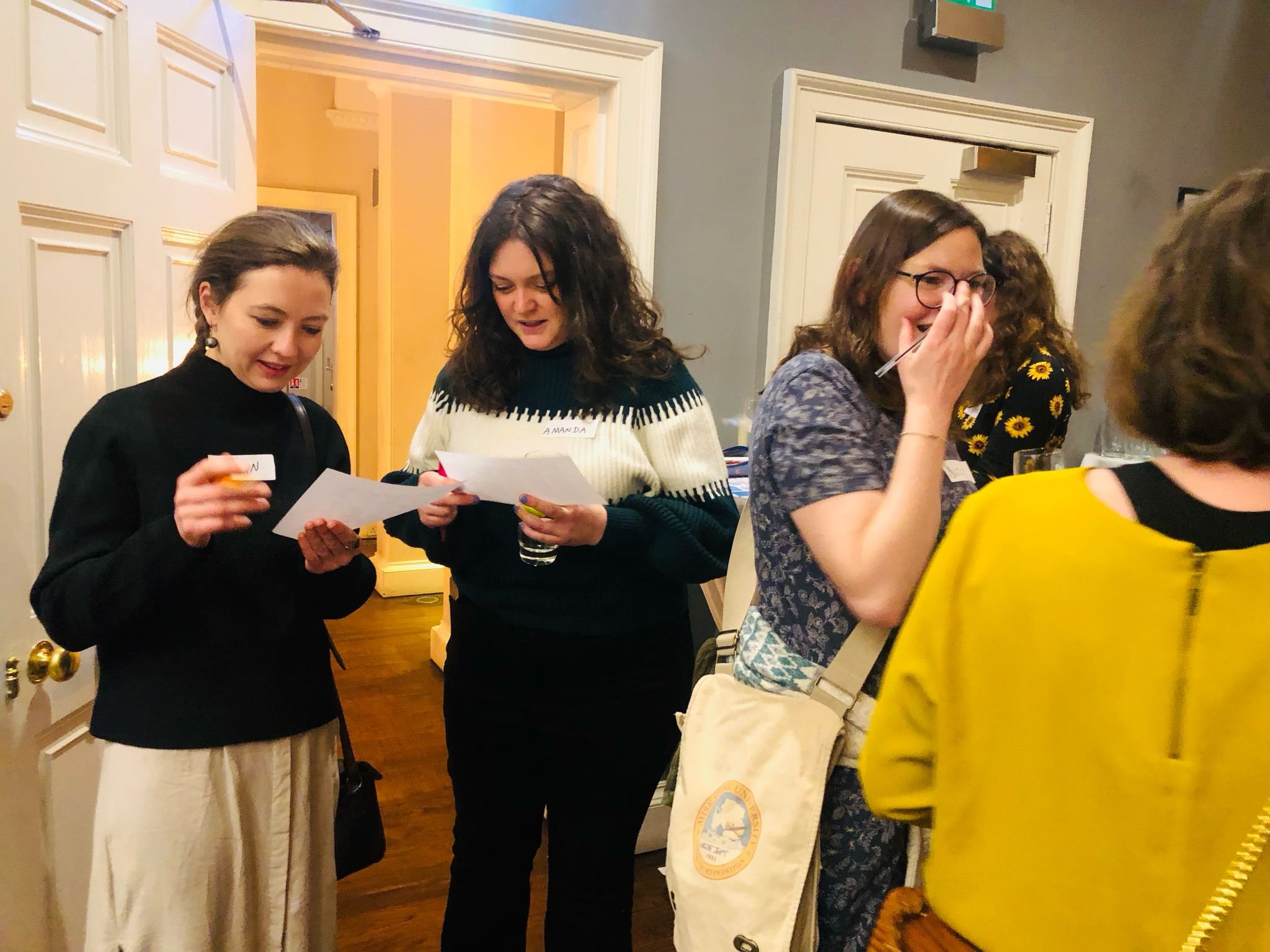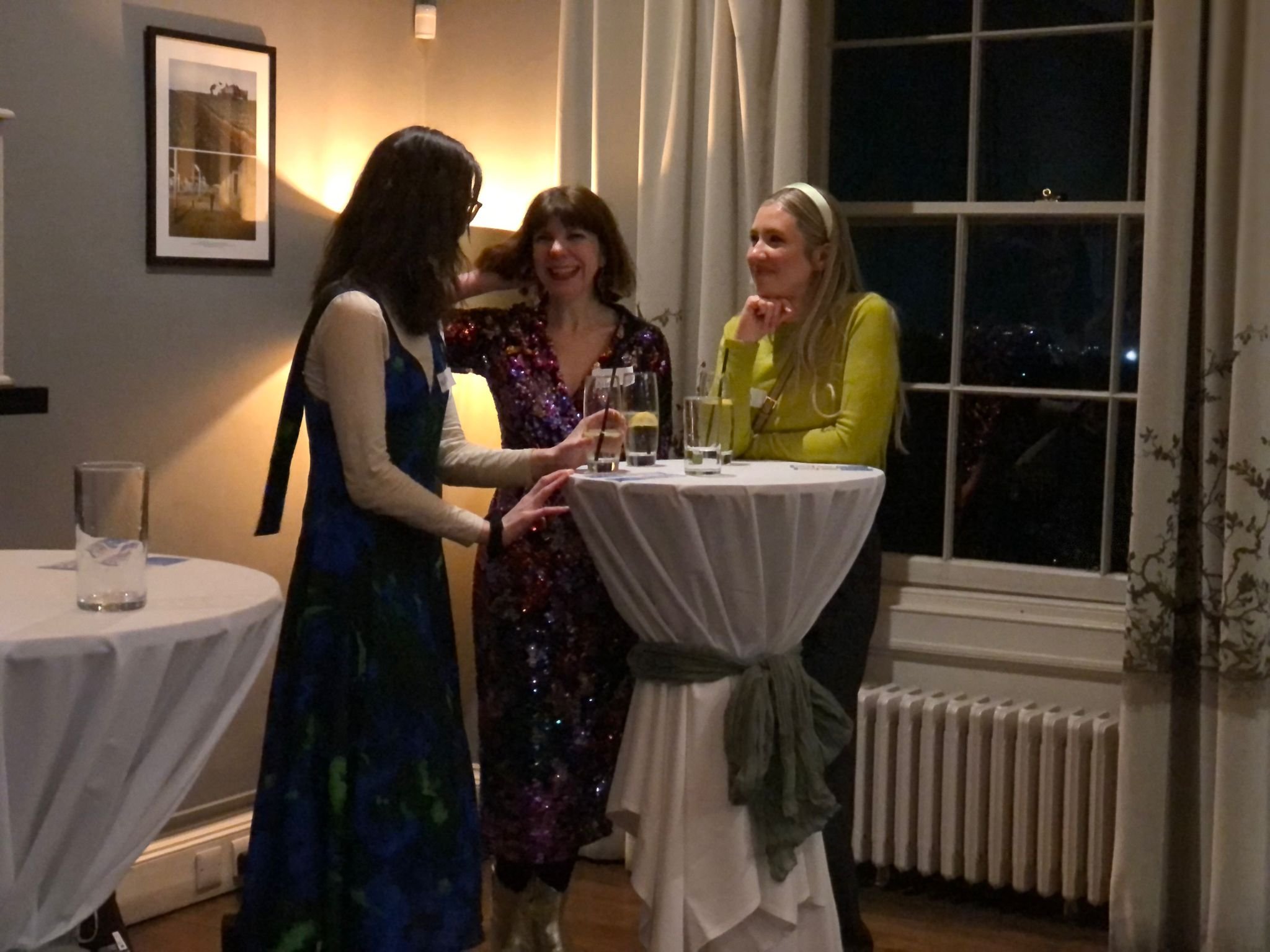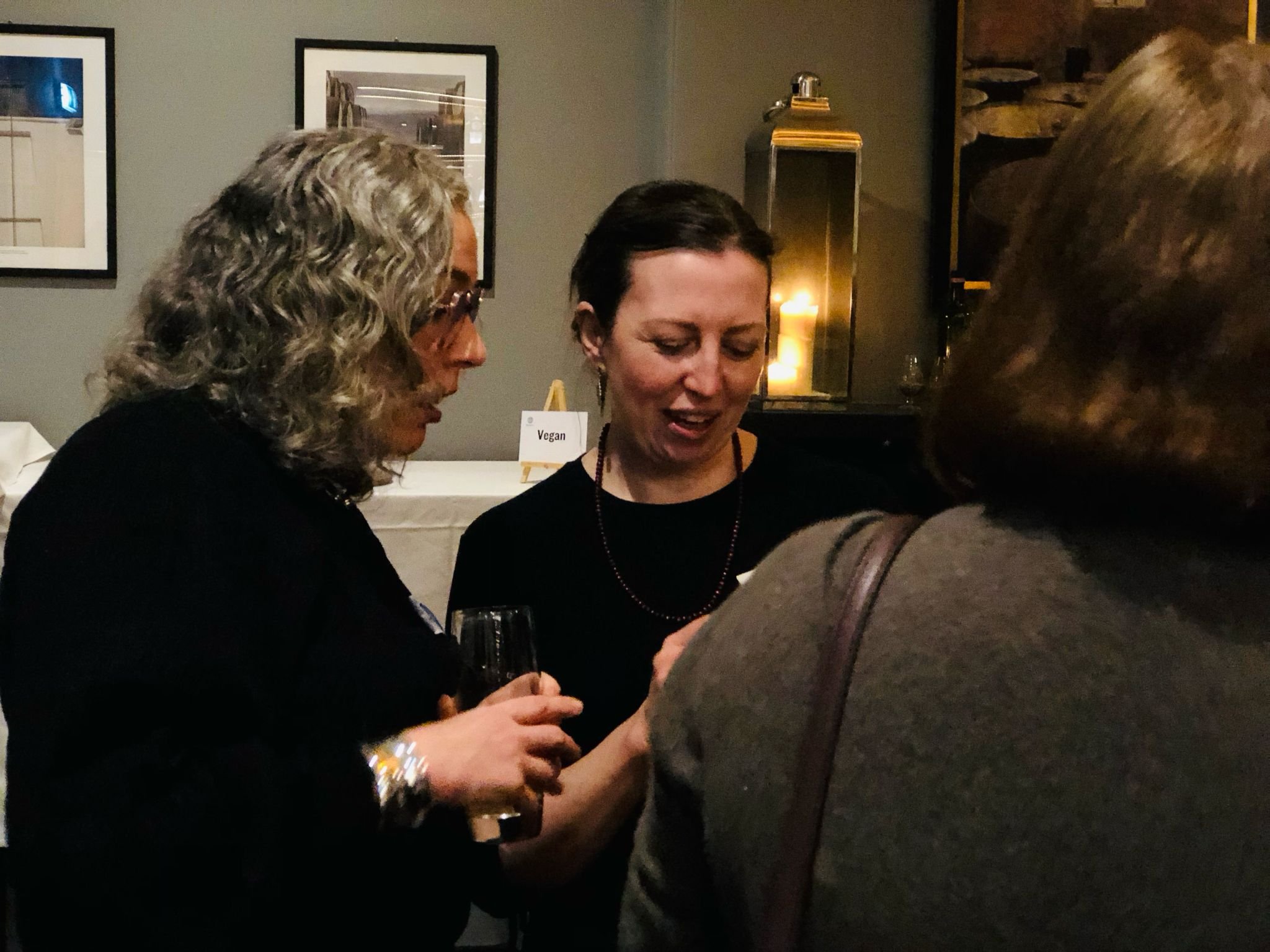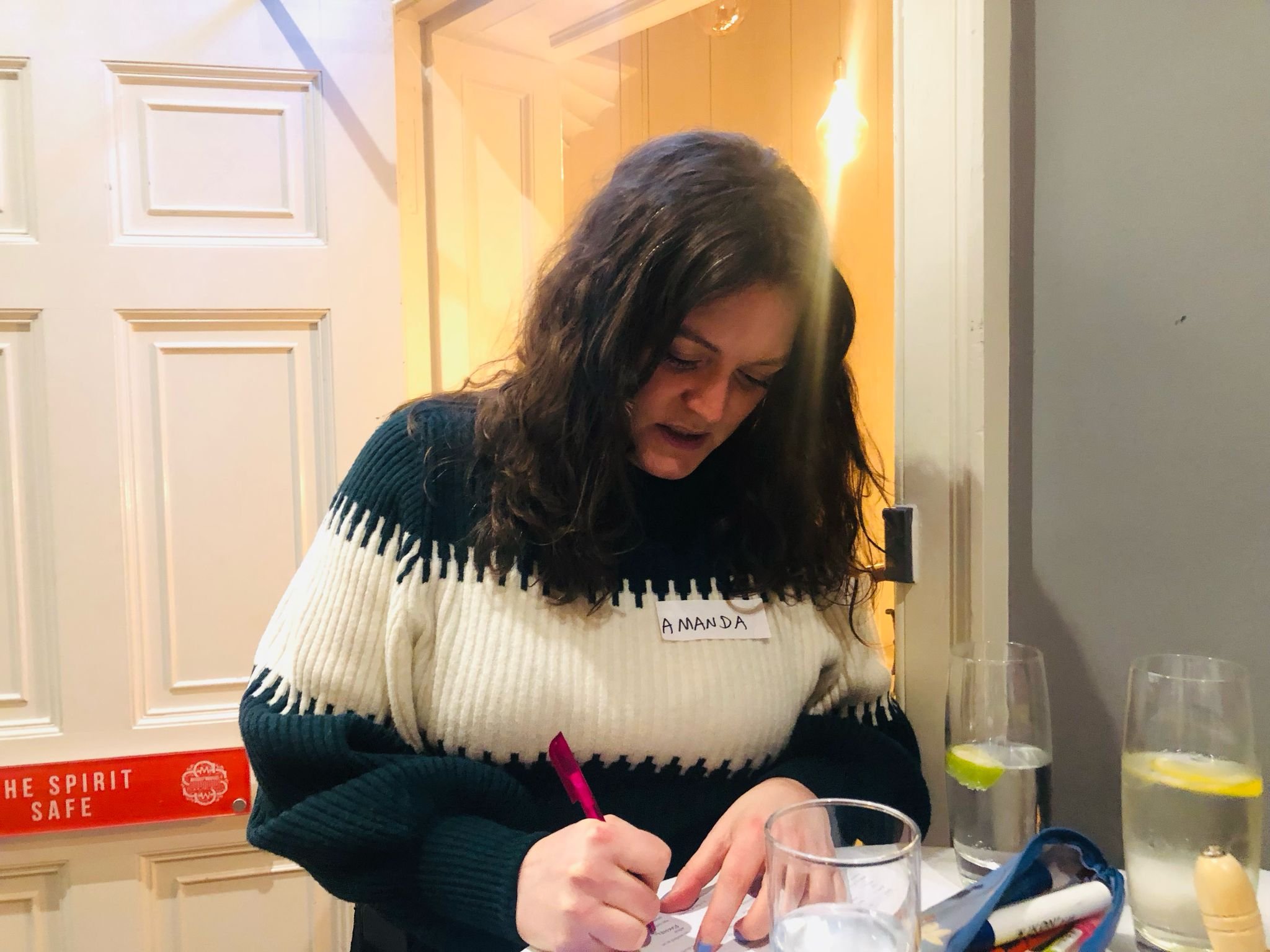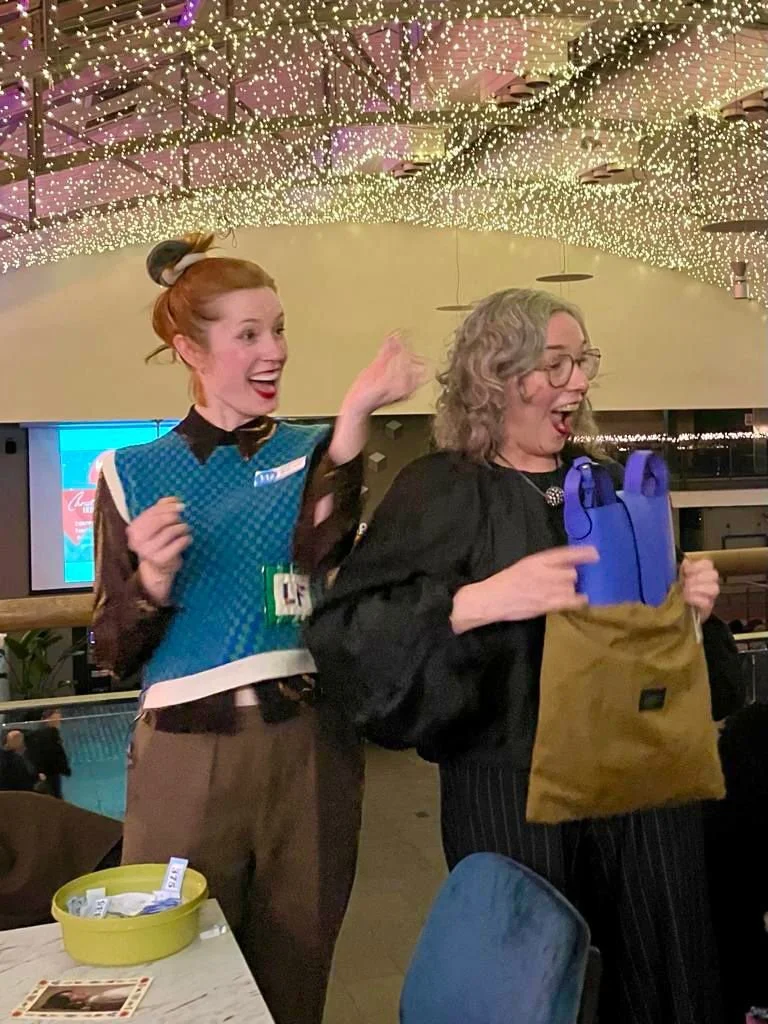Women in Journalism Scotland has launched the fifth round of its successful mentoring scheme.
Are you an early to mid-career journalist in Scotland looking to develop your practice?
Do you have specific goals you want to reach or challenges you’d like to overcome?
Women in Journalism Scotland can help.
Our mentoring scheme has supported more than 100 women journalists of all ages and backgrounds to date, from beats as diverse as politics and investigations to travel, food and drink, arts, health, sport, local news, digital, data, opinion and tech.
Our mentors have helped their mentees bag bylines in publications such as The New York Times and The Guardian, as well as build contacts and grow in confidence.
The 2025 programme will draw on the knowledge and experience of a pool of experienced women journalist mentors. Successful applicants will be paired with a journalist mentor based on their specialism / goals.
Mentees will receive:
Twelve career development sessions
An introductory online workshop guiding them through what to expect from the mentoring year
A mentoring meet-up at BBC Scotland HQ with wine and snacks, where they will get to know other mentees and mentors and network with BBC Scotland journalists
Invitations to events hosted throughout the year by Women in Journalism Scotland
Our mentors for 2025 include:
Laura Kuenssberg, presenter of BBC One’s flagship interview show
Louise Gray, award-winning food and environment journalist / author
Jean Johansson, presenter of Channel 4’s A Place in the Sun
Heather Dewar, sports journalist / columnist at the Scottish Daily Mail
Laura Boyd, entertainment reporter for STV News and What’s On Scotland
Kirsty Wark, presenter at BBC Scotland / BBC One
Gabriella Bennett, head of mentoring at Women in Journalism Scotland, said: “This is an invaluable opportunity for up-and-coming women journalists to have their careers shaped by some of the best in the business..
“We urge applicants to have clearly defined goals in mind when they apply”.
How to apply
To apply to have your media career shaped by this opportunity, fill in the below application form by December 18 2024.
This year we are also asking applicants to submit a short plan detailing what they would like to achieve with a mentor, including two goals.
Apply here.
FAQ
Who can apply?
Early and mid-career women journalists working in Scotland will be chosen to take part in a year-long programme, which will include an hour a month of their mentor’s time, most likely on Zoom.
WiJ Scotland defines an early to mid-career journalist as someone who feels they still have space to grow in their career and has specific goals they feel a mentor could help with. We would particularly urge journalists who have lost confidence or career direction to apply.
Boosting the number of women of colour journalists and women sports journalists in Scotland is one of our goals. Therefore, while the mentoring scheme is not generally open to student journalists, it is open to women of colour student journalists and students who want to be sports journalists.
Applicants must be a member of Women in Journalism Scotland. If you are not yet a member of Women in Journalism Scotland, join here.
What successful applicants will receive
A year’s mentoring with an established women journalist with sessions conducted either in person or on Zoom
An invite to an introductory mentoring workshop and an in-person mentoring social at BBC Scotland’s HQ
The chance to connect with other mentees on the scheme through via Discord or WhatsApp
Career development, opportunities and guidance from Women in Journalism Scotland
Why mentoring?
We believe mentoring has the ability to change the future of journalism. That future features a more confident, diverse workforce, a greater prevalence of women’s voices and more women in senior positions.
How is the mentoring scheme judged?
Applicants will be selected by a panel led by the WiJ Scotland committee.
The panel will study all the answers to the questions posed in each application and base its final decision on the journalists proving how much they would benefit from the programme. An additional factor will be which applicant best fits the skills and experience of the mentors.
When will I hear back?
We aim to contact all applicants by late December. Unsuccessful applicants will be provided with feedback.
